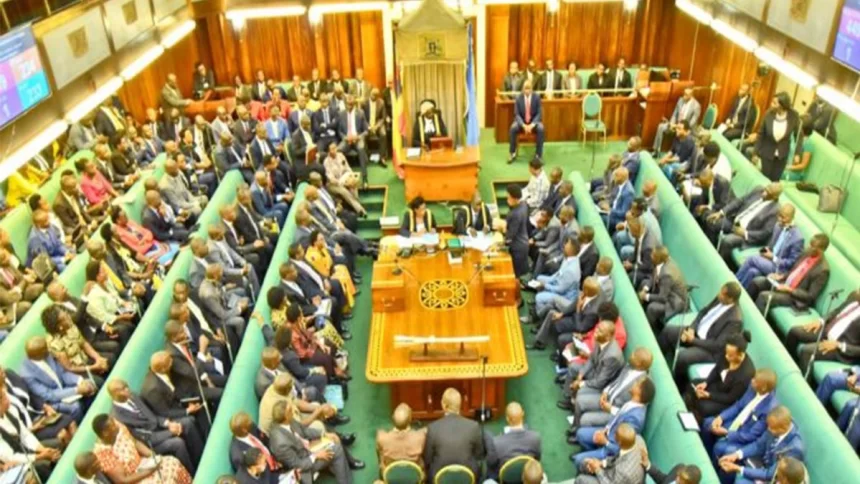Debate has emerged in Uganda’s Parliament over the inclusion of HIV-positive status as a ground for aggravated rape under the proposed Sexual Offences Bill, 2024.
Legislators on the Joint Committee of Legal and Gender, during their inaugural review of the Bill, expressed concerns about the potential for increased stigma and challenges in proving such cases.
Fox Odoi (West Budama North East) led the opposition, arguing that the provision would exacerbate discrimination against people living with HIV. He referenced the Director of Public Prosecution’s (DPP) call to repeal the HIV Control and Prevention Act, citing similar stigma-related concerns.
“Being HIV-positive must not be an aggravating circumstance. The real issue lies with individuals who knowingly transmit HIV,” Odoi stated. He emphasized that the clause, if passed, could deter voluntary HIV testing and disclosure, undermining national efforts to combat the virus.
The provision, introduced by Anna Adeke (Soroti DWR), categorizes the deliberate transmission of HIV during sexual crimes—particularly involving minors—as aggravated rape. Clause 17 of the Bill specifies aggravating circumstances, including:
- Offender being HIV-positive or having a sexually transmitted disease.
- Offender being a parent, guardian, or person in authority over the victim.
- Serial offending.
- Use of force or threats of violence.
- Relationship to the victim.
- Gang involvement in the crime.
The clause also proposes the death penalty for aggravated rape, a suggestion that sparked further contention. Odoi strongly opposed the penalty, describing it as disproportionate and inconsistent with international human rights standards.
“We must move away from the death penalty for all offences. While these crimes are heinous, capital punishment is not the solution,” he argued, highlighting that even crimes like genocide and mass murder under the Rome Statute do not mandate the death penalty.
Adeke defended the clause, asserting that it addresses the deliberate use of HIV as a weapon in sexual crimes. She stressed the need for stringent measures to protect minors and other vulnerable groups from offenders exploiting their authority or relationship to victims.
The debate has revealed deeper challenges in balancing justice for victims, public health priorities, and human rights principles. Advocacy groups and legal experts have called for broader consultations to refine the Bill, ensuring that it serves its intended purpose without unintended consequences.
As discussions continue, the final outcome of the Bill will likely shape not only Uganda’s legal approach to sexual offences but also the nation’s broader efforts to reduce HIV stigma and protect vulnerable populations.







